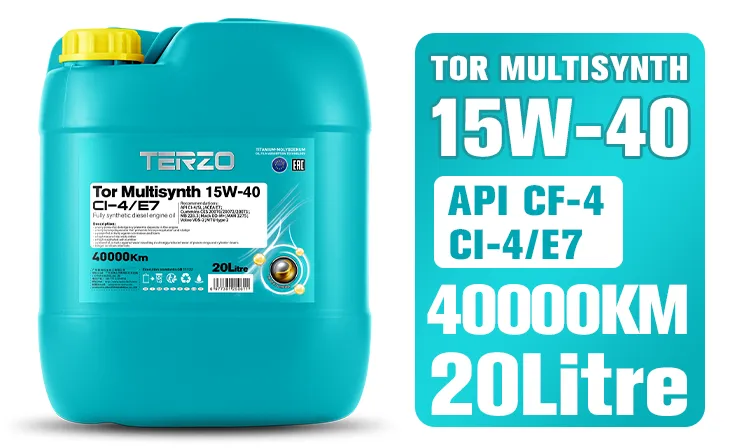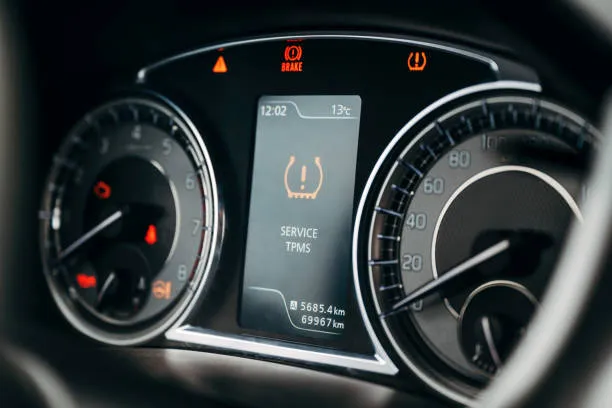So, you’re wondering, can I use diesel oil in my gas engine? Maybe you’ve got a bottle of 15w40 oil sitting in your garage, and you’re tempted to pour it into your trusty gasoline-powered ride. It’s a fair question—after all, oil is oil, right? Well, not quite. Let’s dive into the nitty-gritty of using diesel engine oil in a gas engine, explore the differences, and figure out if it’s a smart move or a recipe for trouble.
What’s the Deal with Diesel Oil in Gas Engine vs. Gas Engine Oil?
Diesel oil in a gas engine dan gasoline engine oil might look similar, but they’re formulated for different beasts. Diesel engines run hotter, deal with higher compression, and produce more soot and contaminants. That’s why diesel motor oil, like the popular 15w40 oil, is packed with additives to handle those gritty conditions. Think of it as a heavyweight boxer—tough, robust, and ready for a dirty fight.
Gas engines, on the other hand, are more like lightweight sprinters. They need oil that’s nimble, designed for smoother operation and lower temperatures. Gasoline engine oil focuses on reducing friction and wear in a less harsh environment. So, can you use diesel engine oil in a gas engine? Technically, yes, but it’s not always the best idea.

Why You Might Be Tempted to Use Diesel Oil in Gasoline Engine
Let’s be real—sometimes you’re just trying to save a buck or use what’s on hand. Diesel oil, especially something like 15w40 diesel oil, is often cheaper and widely available. Plus, it’s got a reputation for being tough as nails, so you might think, “Hey, if it works for a diesel rig, it’s gotta be good for my car, right?”
There’s also the fact that diesel motor oil in gasoline engine has higher detergency and anti-wear additives. In older gas engines or high-mileage vehicles, those extra additives might sound like a bonus for keeping things clean and protected. But hold up—there’s more to the story.

The Risks of Using Diesel Engine Oil in Gasoline Engine
Here’s where things get a bit tricky. While you can use diesel oil in a gas engine in some cases, it’s not always a one-size-fits-all solution. Diesel engine oil is thicker, with higher viscosity grades like 15w40 oil, which might not flow as well in a gas engine designed for thinner oils (like 5w30). This could lead to sluggish performance, reduced fuel efficiency, or even extra wear in colder climates where the oil doesn’t flow as smoothly.
Another thing to consider? Diesel oil for gas engines additives are overkill for most gas engines. Those extra detergents and dispersants are great for handling soot in a diesel engine, but in a gas engine, they might not play nice with your emission systems or catalytic converter. In modern vehicles with sensitive components, using diesel motor oil in gas engine could even cause long-term damage.

When Is It Okay to Use Diesel Oil in Gas Engine?
Alright, so it’s not all doom and gloom. There are situations where using diesel oil in a gasoline engine might be fine, or even beneficial. Older gas engines—think classic cars or workhorses from the ‘80s and ‘90s—often have looser tolerances and can handle the thicker, additive-heavy diesel oil without breaking a sweat. If your owner’s manual doesn’t explicitly warn against it, a diesel oil like 15w40 diesel oil could work in a pinch, especially for high-mileage engines that burn oil or need extra protection.
Some folks even swear by diesel oil for gas engines in heavy-duty applications, like towing or off-roading, where the engine’s working overtime. The key? Check your vehicle’s specs and make sure the oil’s viscosity and API rating (like CJ-4 or SN) align with what your engine needs.
What Do the Experts Say About Motor Oil for Diesel Engines in Gas Engines?
Most mechanics and oil manufacturers will tell you to stick with what your car’s manual recommends. The American Petroleum Institute (API) sets standards for oils, and gas engines typically need oils with an “S” rating (like SN or SP), while motor oil for diesel engines carries a “C” rating (like CJ-4). Some diesel oils are dual-rated (like API SN/CJ-4), which means they’re safe for both diesel and gasoline engines. If you’re set on using diesel motor oil in a gas engine, look for one of these dual-rated oils to play it safe.

A Few Tips to Avoid Headaches "Can I Use Diesel Oil in My Gas Engine"
If you’re still curious about whether can you use 15w40 diesel oil in a gas engine, here’s some practical advice:
Check your manual: Your car’s manufacturer knows best. If they say stick to 5w30, don’t go rogue with 15w40 oil.
Consider your engine’s age: Older engines might tolerate diesel oil in gas engine better than newer, high-tech ones.
Look for dual-rated oils: These are your safest bet if you want the benefits of diesel oil without the risks.
Don’t mix oils willy-nilly: Mixing diesel oil and gas engine oils can create a weird cocktail that doesn’t lubricate as well as you’d hope.
When in doubt, ask a pro: A mechanic can tell you if diesel motor oil in gasoline engine is a good fit for your specific ride.
The Bottom Line: Should You Use Diesel Oil in Gasoline Engine?
Jadi, berapa lama Anda merendam pelat kopling sepeda motor dalam oli? Usahakan selama 1-2 jam dalam keadaan bersih, oli khusus sepeda motordan Anda akan mendapatkan emas. Apakah Anda sedang membangun kembali kopling basah multi-pelat atau hanya menukar yang sudah usang pelat kopling gesekanLangkah sederhana ini dapat menyelamatkan Anda dari masalah kopling yang tergelincir, tersangkut, atau terbakar. Luangkan waktu Anda, gunakan oli yang tepat, dan sepeda motor Anda akan berterima kasih dengan perpindahan gigi yang mulus dan mesin yang sehat. Sekarang, bersihkan tangan Anda dan hidupkan kembali kendaraan Anda!






















